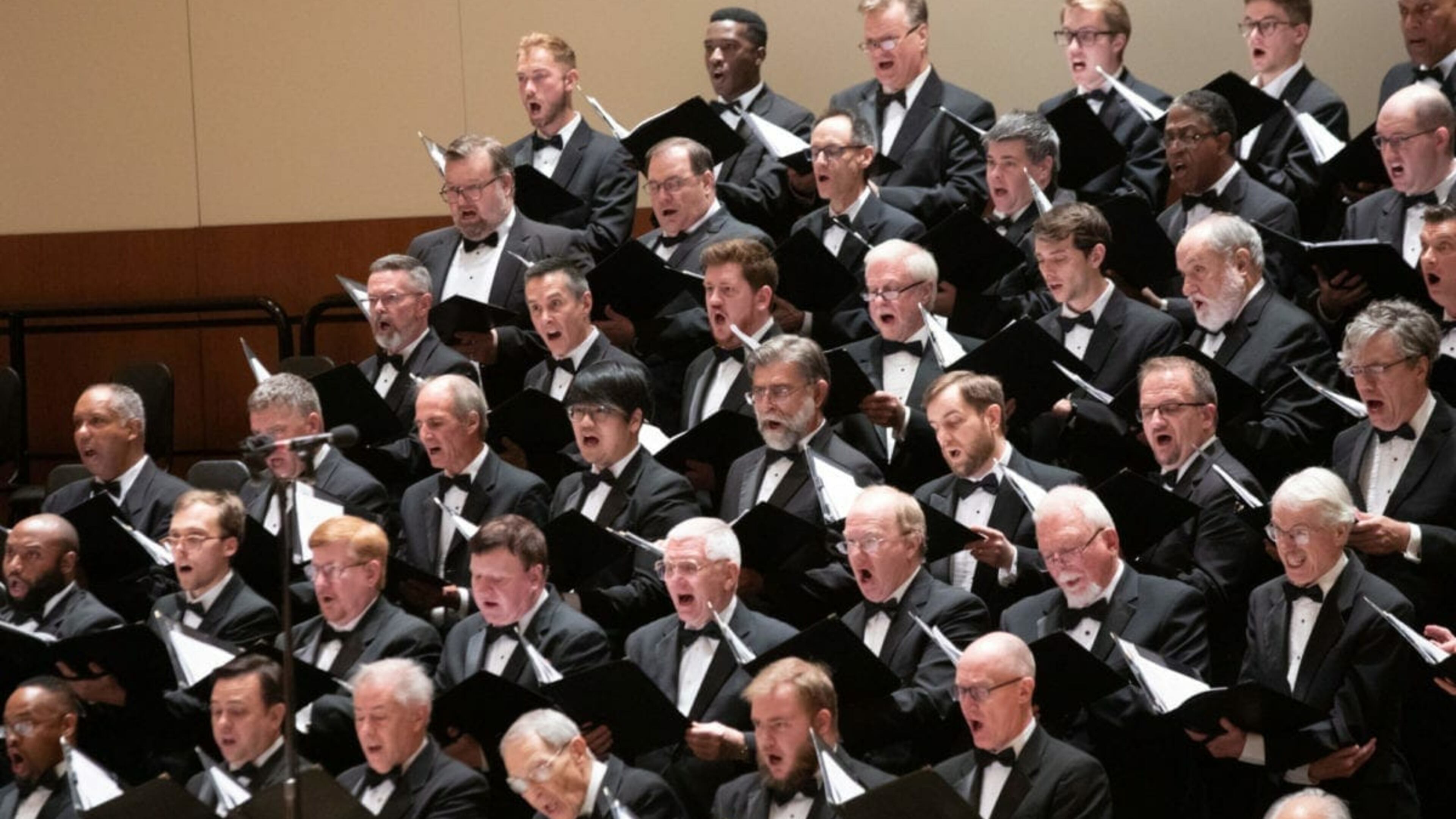A guide to Atlanta Symphony and church performances of Handel’s ‘Messiah’

This story was originally published by ArtsATL.
One of my fondest memories of Handel’s “Messiah” is a school trip to New York City to participate in the annual “Messiah Sing-in” at Lincoln Center. My fellow high school choir members and I excitedly entered the packed concert hall with thousands of other “Messiah” enthusiasts, clutching our thick orange scores, and settled in for a unique experience: As is the tradition in sing-along “Messiahs,” we, the audience, were the chorus.
Since then, I have performed the work many times, mostly as an oboist, and I can’t think of another “serious” piece of classical music that is so universally known and accessible that the audience is invited to sing along. The work features several soloists, but the chorus is the more dramatically important character in Handel’s interpretation of the story of Jesus of Nazareth’s life, moving the music and story along while providing the emotional framework for the piece, making this oratorio unique among similar works of its kind.
Handel wrote “Messiah” in 1741, and it was first performed in Dublin, Ireland, in 1742. It is an English language oratorio, a sacred opera meant to be performed in a church, without staging or costumes because it was prohibited at that time to hold theatrical events in religious spaces.
The term “messiah” is a Hebrew word meaning “the anointed one,” which in Christian theology refers to Jesus. The oratorio tells the story of his life and was conceived for the Easter season, when the liturgy celebrates Jesus’ death and resurrection. Because there were already other, more popular Easter-themed works such as J.S. Bach’s “St. Matthew Passion,” “Messiah” became a Christmas season classic and is performed annually by both amateur and professional groups. It achieves the dramatic and emotional arc of its story through Handel’s ingenious musical setting alone.
The first chorus, “And the Glory of the Lord,” is in Scene I of Part I, a generally upbeat section of the oratorio. It describes the biblical prophecy of salvation and is a wonderful example of how Handel takes the human emotion of hope and translates it into music. It is composed in A Major, which is a tonality often associated with innocent love and trust in God — a perfect setting for the subject material.
Listen for how the melodic line in the opening musical phrase on the words “Glory of the Lord” rises up and is then echoed by each section of the chorus in turn, growing in strength. The word “revealed” is also given special treatment, as you can hear it being “revealed,” or popping out within the vocal lines as they trade back and forth. Click on the image below to hear it.
Another great example of text painting (where the music vividly illustrates the text) is in “All We Like Sheep Have Gone Astray,” in which you can easily imagine sheep wandering around, thanks to the disjunct way Handel has written the vocal part on the words “astray.” And then on “turned” in the phrase “we have turned everyone to his own way,” the melodic line is literally turning, which you can hear in the cli
In the movement “The People that Walked in Darkness” you can feel the murkiness created by Handel’s orchestration. When the word “darkness” is sung, we hear the melody emphasized in the lower instruments, such as bassoon and basso continuo (usually played by double bass and cello.) Not only is the melody played by the lower instruments in the orchestra — an unusual compositional choice — it is sung by a bass soloist, and the melodic line is full of ominous-sounding half-steps.
When played during the Christmas season, many performances of “Messiah” omit the third part of the oratorio and instead finish with the famous Hallelujah chorus, which inspires listeners with a feeling of such boundless, unbridled joy that we can’t help but stand.
Near the end of the movement, at the conclusion of a forte section with everyone singing and playing “Hallelujah” together, there is a sudden two-beat silence before the final Hallelujah. (I wonder how many less experienced sing-along participants have sung an accidental solo here!) It is a compositional choice that is partially theatrical and partially practical: The last Hallelujah is written in a slower and more regal tempo than what comes before it, so the ensemble needs a moment to reset. But more to the point, Handel uses this dramatic moment to make sure listeners feel the emotion and unity of the final “Hallelujah!”
The Atlanta Symphony Orchestra and Chamber Chorus performance of “Messiah” on Dec. 19 is already sold out, but many churches in metro Atlanta are performing it. In the meantime, listen to the complete Hallelujah chorus here, sung by England’s Royal Choral Society at the Royal Albert Hall in London.
::
Alexandra Shatalova Prior is a professional oboist who has performed nationally and internationally and is now an artist affiliate at Atlanta’s Emory University.

MEET OUR PARTNER
ArtsATL (artsatl.org) is a nonprofit organization that plays a critical role in educating and informing audiences about metro Atlanta’s arts and culture. ArtsATL, founded in 2009, helps build a sustainable arts community contributing to the economic and cultural health of the city.
If you have any questions about this partnership or others, please contact Senior Manager of Partnerships Nicole Williams at nicole.williams@ajc.com.


